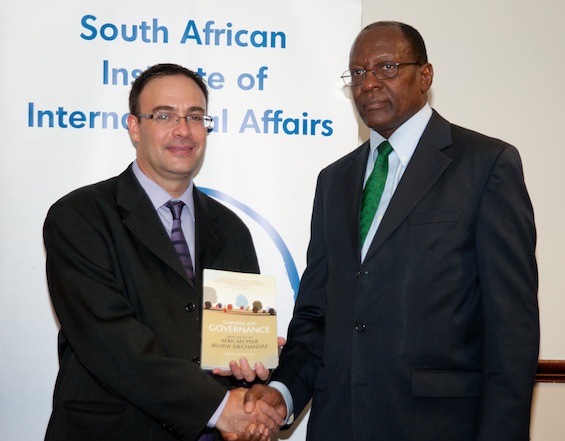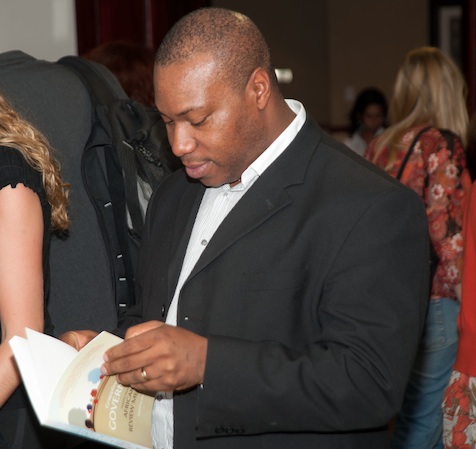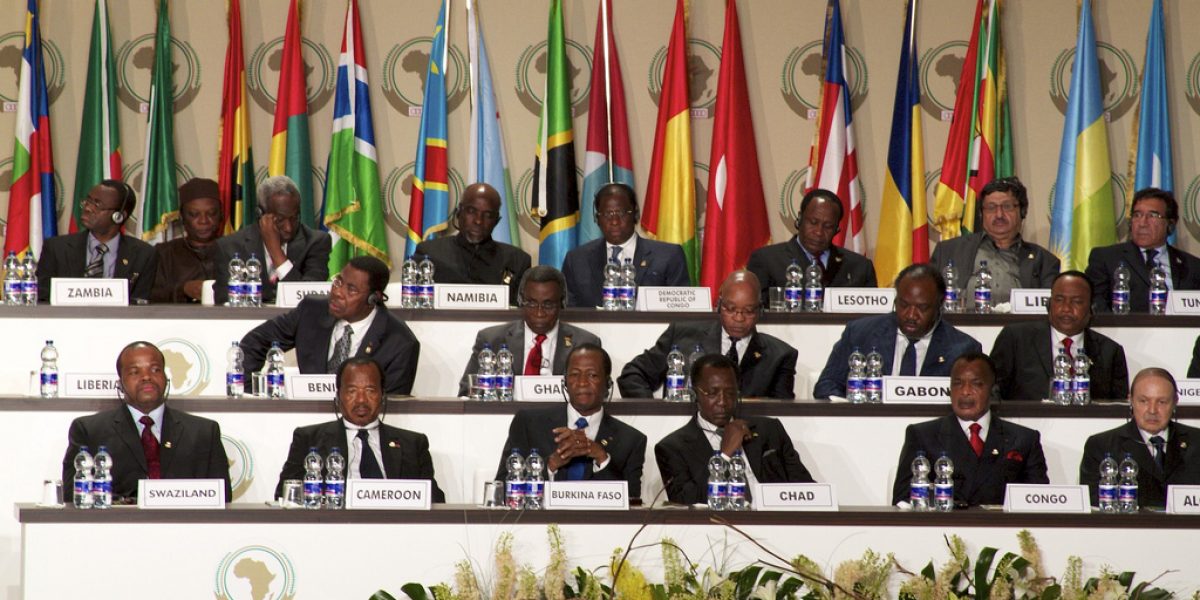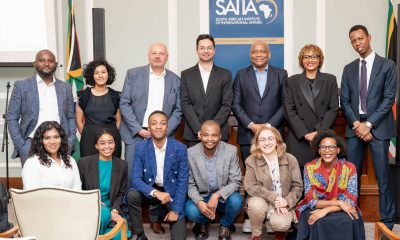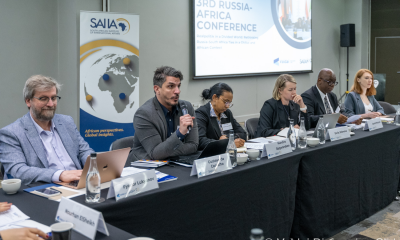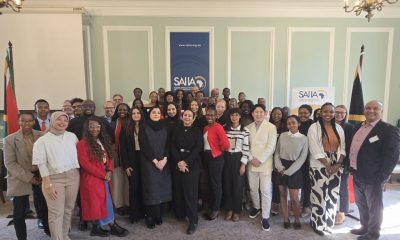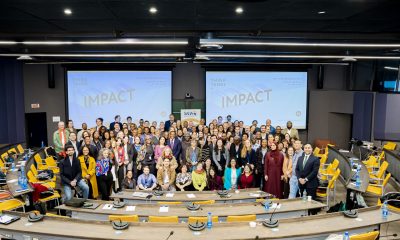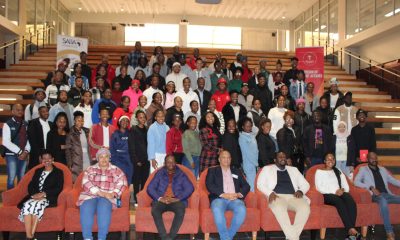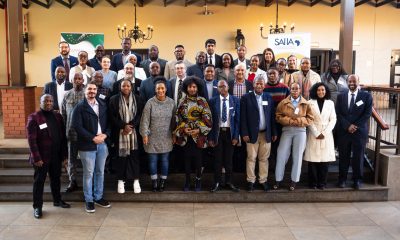Arguably, the success story of South-South cooperation around shared values is the African Peer Review Mechanism. It is the continent’s home-grown governance tracking system and will be re-examined when African leaders meet on the summit margins on 29 January 2011. (The African Union Summit takes place from 25 January until 31 January 2011 in Ethiopia).
Key agenda items for the APRM forum include Liberia’s accession as the APRM’s 30th member, the much-anticipated peer review of Ethiopia, and progress reports on the National Programmes of Action (NPoAs) from South Africa, Lesotho and Nigeria. Observers will also watch for signals about the mechanism’s future and possible changes in the process.
In the meantime, South African civil society organisations have been busy with an APRM initiative of their own. The South African Institute of International Affairs (SAIIA), the Centre for Policy Studies (CPS) and the Africa Governance, Monitoring and Advocacy Programme (AfriMAP) have launched the APRM Monitoring Project (AMP), which aims to track the implementation of the APRM in Southern Africa.
South Africa and Lesotho have been chosen as pilot countries for the AMP. The project partners held a training workshop in Johannesburg recently entitled “Empowering Civil Society to Track the African Peer Review Mechanism in South Africa”. Discussions focused on developing methods and timelines around how “tracking” the APRM would be implemented. A host of civil society organisations expressed interest in joining the project partners through conducting research and contributing to the final report, with a delivery date set for 30 June this year.
Staying with the workshop theme, SAIIA also launched a new book on the APRM, entitled “Grappling with Governance: Perspectives on the African Peer Review Mechanism”.
The book uses a combination of case studies and transversal analysis to illustrate the success and challenges of the African Peer Review Mechanism so far.
Through the multiple voices drawn from different African civil society actors such as analysts, activists and journalists, the book examines the peer-review process from their specialised perspective.
Edited by Steven Gruzd, the chapters tease out what can be learned about governance in Africa from these experiences, and the extent to which the APRM has changed the way that governments and civil society groups engage.
You can also watch a video interview with Steven Gruzd courtesy of Creamer Media’s Polity.org.za.
